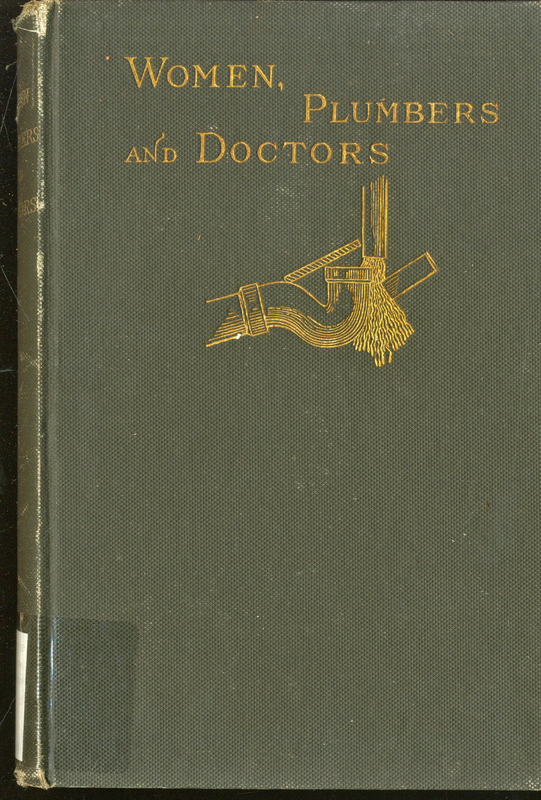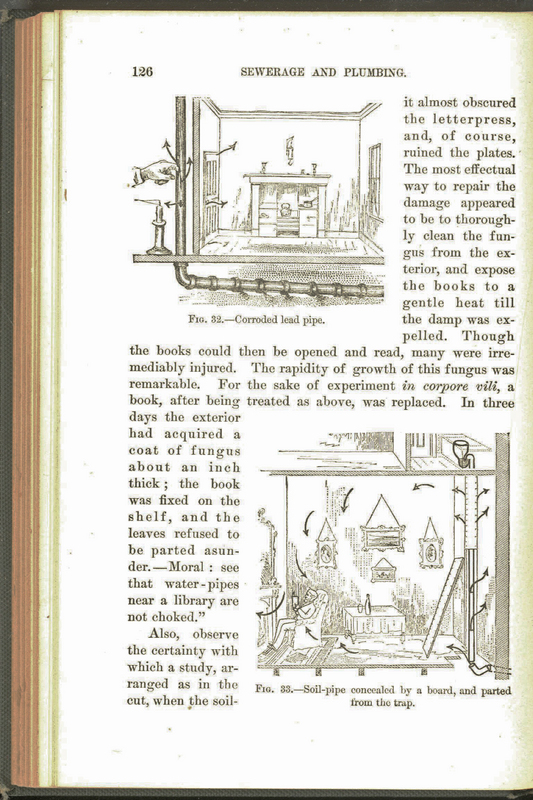"This illustrated work elucidates the author’s notion of women’s place in sanitary reform, suggesting that if women and plumbers did “their whole sanitary duty, there will be comparatively little occasion for the services of doctors.” As well as a social and historical curiosity, Plunkett’s book is considered valuable to architecture scholars investigating how the advice offered to women by experts in the home economics movement may have been applied to architectural design."
http://info.hsls.pitt.edu/updatereport/?p=3232
Harriette Plunkett was an American author and sanitary reformer. Through her husband, Thomas F. Plunkett, who was instrumental in the founding of the Massachussetts State Board of Health, she became interested in sanitary matters and :was especially anxious to awaken in American women an interest in the theory and practice of household sanitation.
https://books.google.com/books?id=3nAEAAAAYAAJ&pg=PA576&lpg=PA576&dq=harriette+plunkett+author&source=bl&ots=8gGuoQ2Cp-&sig=JuosuMAuOrwJJVxpfXkX4iuEWMA&hl=en&sa=X&ei=lcltVdu3HoyqyASwzoHwCA&ved=0CDAQ6AEwAw#v=onepage&q=harriette%20plunkett%20author&f=false
,
Plunkett was not alone in her notion of women's place in sanitary reform. See also an article on the relationship of feminism and architecture in 19th century North America at:
http://www.mcgill.ca/architecture/files/architecture/1996thehouseandallthatgoesoninit.pdf



